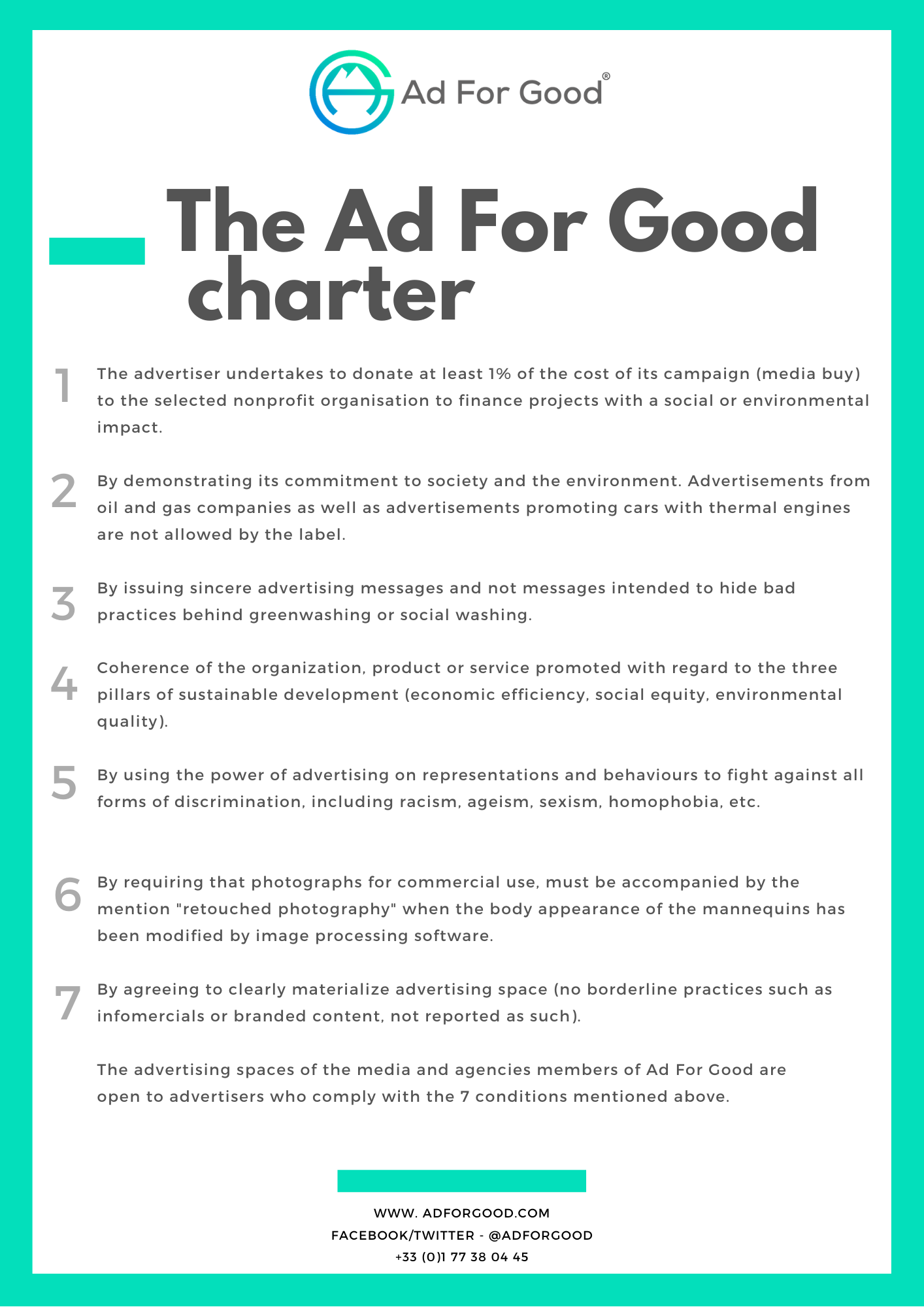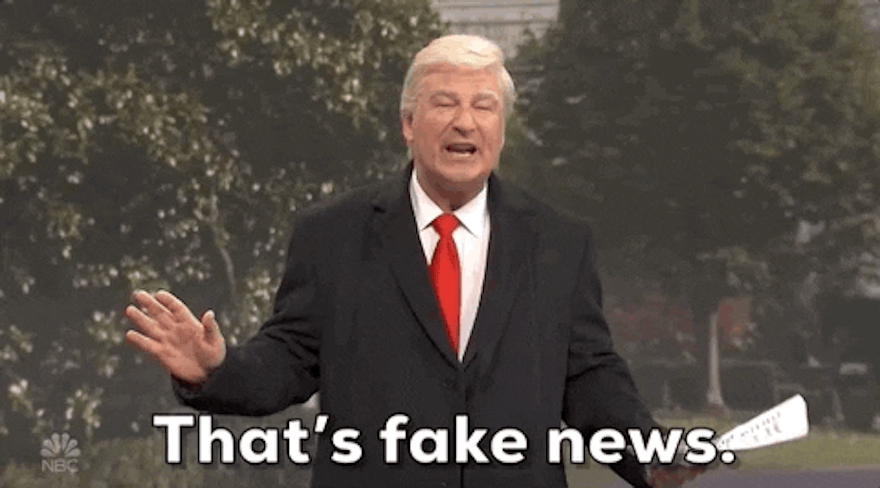Have you ever been to a hotel before, where you have noticed a sign in the bathroom which says something along the lines of ‘Save our Planet! A towel on the rack means ‘I will use it again’. A towel on the floor means ‘please exchange’? This is precisely where the term ‘greenwashing’ originated from and is one of the most common forms of greenwashing still in use today.
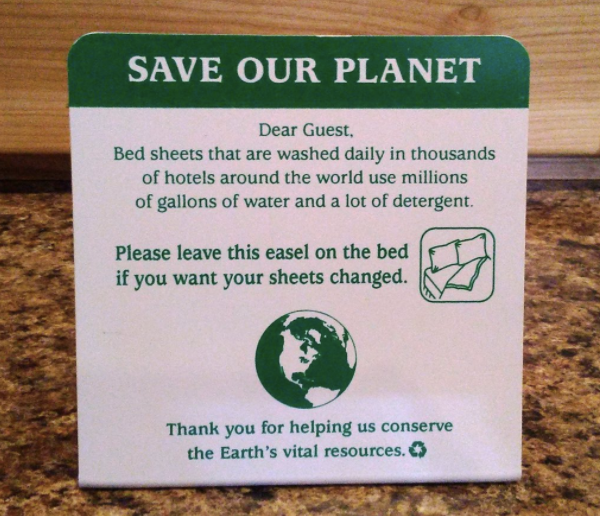
How is this greenwashing?
‘Greenwashing’ comes from the term ‘whitewashing’, where information is used by a brand to mislead the customer and to benefit the business. In the case of greenwashing, misleading information is solely referring to the environment. Therefore, whilst the hotel may seem like they want to ‘save the planet’, they really are enjoying a lower cost of towel laundry and also get a better brand image, whilst doing nothing else to save the planet. Convenient, right?
As a brand, you may have several ‘green initiatives’ you are a part of.
In some cases that is truly great. In others, there are some problems with these so-called green initiatives.
This is because these initiatives may lead your business to have a greenwashing problem and this can lead to serious consequences down the road.
Here is why:
Reason 1: All-natural does not mean green!
Imagine you are the owner of a bakery. As the owner, you decided all your ingredients will be 100% natural. You use this in your marketing to attract customers to come into your shop.
Sounds great right?
In fact, this is a big problem. There are some ingredients that are completely natural, yet are not sustainable at all. Think about palm oil, a naturally derived product. This oil grows naturally on African oil palm trees, and has some health benefits as well as being cheap compared to other oils. However, palm oil production has led to extreme deforestation of forests where it is said to be responsible for around 8% of the world’s deforestation between 1990 and 2008. These forests are homes to orangutans, elephants, rhinos and many other species. Often the trees are burnt to speed up the deforestation process, and these fires lead to increased levels of carbon dioxide in the atmosphere.
So what seems like a natural product is actually very unnatural and is causing immense damage to our ecosystems, global warming and our natural environments.
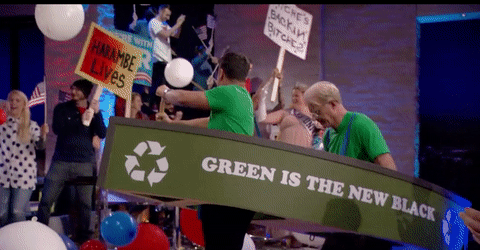
Reason 2: It is very easy to mislead people by being vague
Let’s now imagine that you own a clothing store, and you advertise that you use all recyclable packing.
Several things are wrong with this. Firstly, ‘recyclable packaging’ is very vague. Does this mean that the packaging is from recyclable materials, or can be recycled at the end, or both? Also, it doesn’t address the fact that inside the clothing there may be microfibers of plastic in your clothing which ends up in our oceans, polluting and destroying wildlife. Nothing about ‘recycled packaging’ addresses this issue and how your business is planning to protect the environment.
Also, it is very easy to tell someone that their packaging is recyclable without having a system in place to ensure such recycling can take place. Such as, providing reusable bags that replace the need for a one-time packaging system. Or a clothing recyclable system where customers can trade in old clothes for a small discount, instead of the old clothes ending up in the rubbish dumps or the oceans.

Reason 3: Lack of certifications can be very shady
If a towel store advertises ‘100% organic cotton’, this is automatically extremely appealing as it brings the sense of trust that the store cares about the environment and is providing only the most natural cotton. However, if there isn’t a ‘USDA Organic’ certification, then it is likely that they are greenwashing their customers by misleading them for their own benefit.
Another great and true example of this is by Chevron, a well-known multinational American energy corporation. In the mid-1980s they spent millions of dollars on advertising their ‘People Do’ campaign for the planet, such as their protection of butterflies. However, whilst their butterfly preserve cost a mere $5000 dollars per year to run, the advertising cost millions of dollars. This money could have easily been used on other initiatives, yet it was used to greenwash America into thinking their company was good for the planet so as to get more money.
Furthermore, it was also violating the clean air act and spilling oil into wildlife refuges, which resulted in a $1.5 million dollars fine for waste-water discharges, $8 million dollars paid for violations of the Clean Water Act and a $1 million dollar fine for Clean Air Act Violations. You’ll be happy to know these are not the end of the charges Chevron had to pay, and they were being accused of many other anti-environmental violations well into the 21st century. Their campaign was clearly not supported by any valid certifications and they had to pay the price for this.
There is no doubt that there are $$$ in going green. However, having certifications ensures that you did not make any mistakes and provides proof of validity.
Here’s is a fool-proof way to avoid greenwashing:
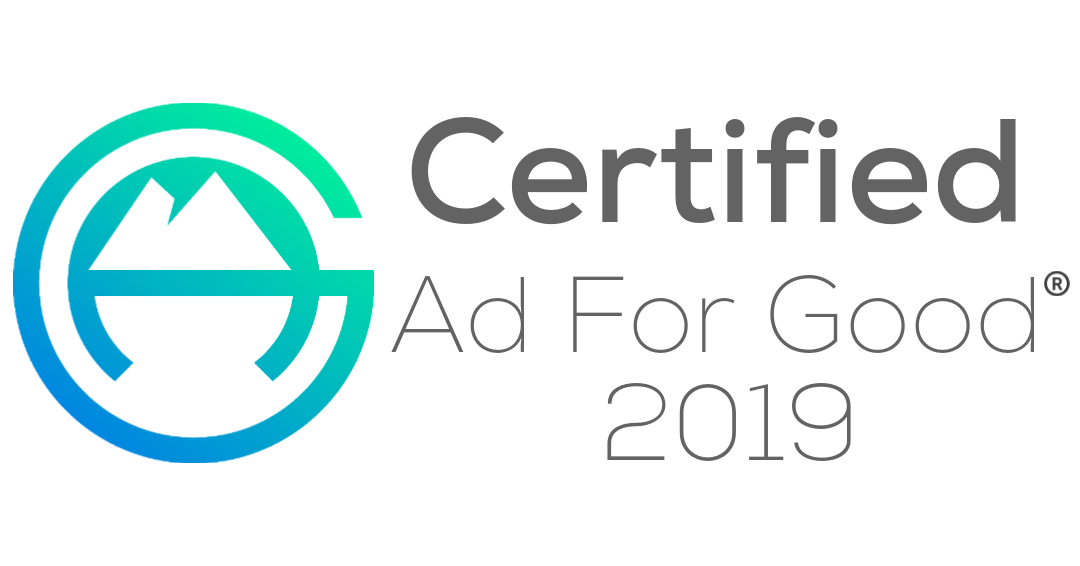
Be specific.
Do not try and hide anything. Be open to answering questions and make your consumers aware of this. Make sure your marketing campaigns are as clear as possible. If you try to cover up the truth, people are likely to boycott your brand.
Remember: It is not illegal for someone to boycott your brand due to greenwashing, however, it is illegal to greenwash your customers.
Avoid deception
Do not speak about recycled cardboard packaging if the products contain non-recycled plastic. Do not speak about natural products if some of them are harmful to the planet.
Do not avoid the truth. There are consequences.
Certifications are key.
B Corp, 1% for the Planet, Ad For Good®, Rainforest Alliance, USDA Organic Certification, FSC
These are just some examples of certifications that you can receive to provide legitimacy and trust for your business.
What if your small business really is sustainable but you can’t afford all the relevant certifications?
Firstly I would suggest trying your best to get the certifications as soon as possible.
However, I understand that in some situations this is really difficult especially on a brand new business.
Therefore, make sure you update your website to promote all your environmental initiatives in the most transparent way possible, whilst providing the option for customers to contact you to find out more.
This should be whilst your business is growing so you can afford to get the certifications necessary for the claims you are making.
What if you have done all of the above and you still are unable to afford such certifications, as each individual certification costs time and money.
There is one certification that I mentioned above that can solve your greenwashing worries and can prevent you from organising many different certifications.
The Ad for Good® Label.
The Ad for Good® certification is the first social and environmental impact label for the offline and online advertising industry.
One of the great things about Ad for Good® is it requires at least 1% of your advertising budget for that campaign to go towards a social or environmental project. This is the simplest and most powerful way to get involved in a green initiative and is a great way to give back to the world at the same time as your campaign takes place.
One of the easiest ways to do this campaign is through Ad for Good’s partner Boon.Today which provides the campaign technology. It’s super easy and simple to organise and saves you time. For more information on the campaign process check out our website.
Here is a list of the transparent requirements Ad for Good® requires. It is 100% legitimate and reliable to avoid greenwashing as well as making sure your business shows a true commitment to the environment.
Contact us here if you have any questions to do with greenwashing or the Ad for Good® label to find out how you can get involved!
